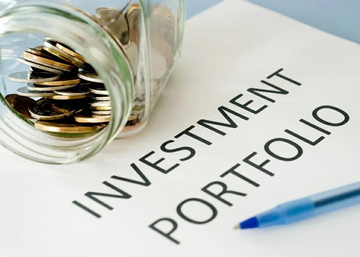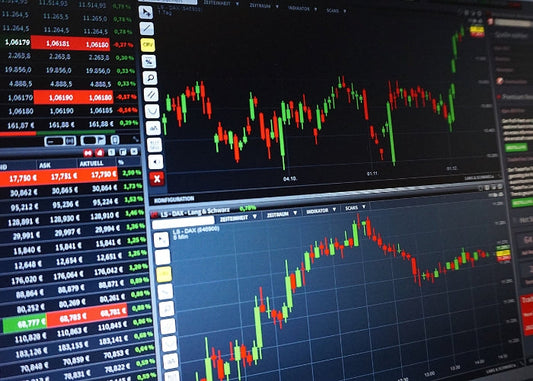Why does a shareholder hold onto losing investments?

Have you ever bought a stock or an ETF you were convinced would soar, only to see its value plummet? If so, you’re not alone. Many investors find themselves in this situation, known as bagholders.
A bagholder is someone who holds onto a losing investment, hoping that it will eventually recover. They’re often characterized as stubborn or irrational, but the truth is that bag-holding is a complex psychological phenomenon.
In this blog post, we’ll explore the psychology of bag holding and offer tips for avoiding this common pitfall.
The phrase’ bag holding’ originates in 18th century Great Britain and has since become a popular term across the globe. In its original context, being left holding the bag referred to a person who was left with stolen goods and consequently faced blame from the authorities while the rest of the criminal mob managed to escape.
Why do people become bagholders?
Bagholding can be attributed to several psychological factors, including sunk cost fallacy, confirmation bias, and loss aversion.Sunk cost fallacy occurs when someone continues investing in a losing asset because they’ve already invested so much money into it. In other words, they don’t want to admit they made a mistake, so they keep holding on in hopes of recouping their losses.
Confirmation bias is the tendency to seek information confirming one’s beliefs while ignoring contradictory evidence. Bagholders may only pay attention to positive news about their investment while dismissing adverse reports.
Loss aversion refers to the tendency to feel more pain from losing than pleasure from winning. Bagholders may be reluctant to sell their investment because they don’t want to accept the loss.
How to avoid becoming a bagholder:
If you’re worried about becoming a bagholder, there are a few things you can do to protect yourself:
Have a plan: Before investing, set a clear goal for what you want to achieve and how you’ll get there. Having a plan in place can help you avoid impulsive decisions based on emotions. Do your research: Don’t rely solely on rumours or social media hype when making investment decisions. Take the time to research the company, its financials, and its industry. Diversify your portfolio: Don’t put all your eggs in one basket. Diversifying your portfolio can help you minimize risk and avoid catastrophic losses. Cut your losses: If an investment isn’t performing as expected, don’t be afraid to cut your losses and move on. Holding onto a losing asset could cost you more in the long run. Bag holding can be a tempting trap for investors, but it’s essential to recognize the psychological factors at play and take steps to avoid them. By having a plan, researching, diversifying your portfolio, and cutting your losses, when necessary, you can protect yourself from the adverse effects of bag-holding. Remember, investing is a marathon, not a sprint, so be patient and stay disciplined.
No comments
Home
Trive
TriveHub





0 comments